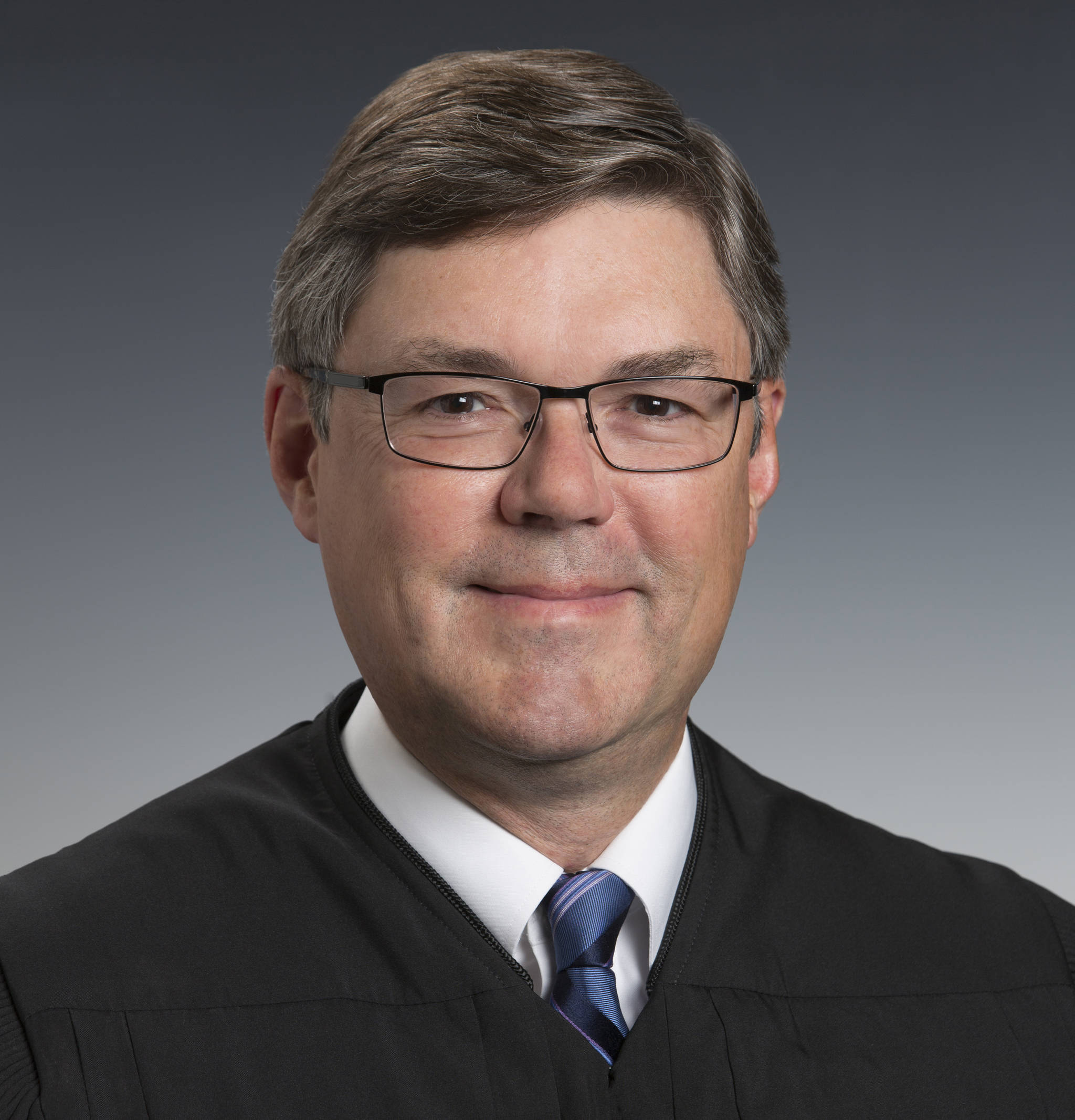Former Kodiak Superior Court judge Joel Bolger has been named chief justice of the Alaska Supreme Court, effective July 1.
Bolger, who was appointed to the court in 2013 by then-Gov. Sean Parnell, will replace Craig Stowers as Chief Justice.
The news was announced Tuesday by email from the Alaska Court System.
“It’s a great day,” he said by phone. “I’m very humbled by the opportunity.”
Under the Alaska Constitution, the chief justice serves a three-year term and is selected by a majority vote of the five justices on the court. The chief justice is the head of Alaska’s judicial branch, presides over supreme court proceedings, appoints presiding judges and serves as chair of the Alaska Judicial Council.
A justice can serve more than one term as chief justice, but those terms cannot be served consecutively.
Before joining the supreme court, Bolger served on the Alaska Court of Appeals for five years. He has been a judge since 1997, when he was appointed to the district court vacancy in Valdez. In 2003, he was named to a vacancy on Kodiak’s superior court bench.
Born and raised in Iowa, Bolger graduated from the University of Iowa in 1976 with an economics degree. He received his law degree in 1978 and came to Alaska with the Alaska Legal Services Corp. in Dillingham. He later moved to Kodiak to become ALSC’s supervising attorney there.
He served as an assistant public defender in Utqiagvik (then known as Barrow) and in 1982 entered private practice, where he remained until his appointment to the Valdez court.
He is married to Cheryl Bolger and has two children, Stephanie and Jackson.
Bolger said the impending change on the high court is “largely administrative.”
“I don’t expect that anyone will notice anything that will immediately affect the operations in their local courts,” he said.
In the longer term, he said he would like to examine the structure of the court system with an eye toward speeding the pace of proceedings.
“I’m concerned that we need to make and issue court decisions without undue delay, and that’s one concern that I probably will pursue,” he said.
First, he’ll solicit the ideas of judges across the state and “see if there’s any way we can be more efficient in our decision-making.”
He said he’s also interested in examining whether there are “opportunities to use technology to assist in making decisions” but doesn’t have specific ideas in that regard.
Over the past few years, the court system has seen its budget and staffing cut by the governor and Legislature. The court system has 11 percent fewer staff than it did in 2015 and is operating with less money even as its caseload has increased.
Bolger doesn’t know if the budget cuts are at an end, but he would like to see the eventual reversal of one cost-cutting move: the early Friday closure of state courts.
“I think in the long run that would be a worthwhile objective,” he said.
• Contact reporter James Brooks at jbrooks@juneauempire.com or 523-2258.

